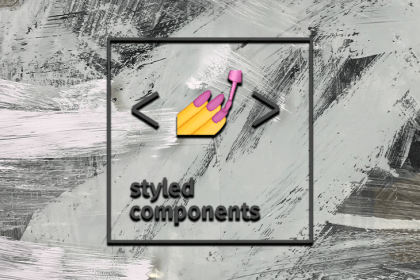
Learn how to create an authentication scheme in Express with Prisma schemas in this step-by-step tutorial with code examples.

Use Node.js to build a location reporting API that analyzes location using an IP address, and latitude and longitude coordinates.

Learn how to build a Next.js application by building a shopping cart web app for a fictional game store with product category pages.

Using Big O notation is one of the easiest ways to improve performance in modern applications and measure the complexity of your code.

styled-components lets you write actual CSS to style React components. Learn the benefits of this CSS-in-JS styling framework.

Improve your code by adding structs to your Rust application. Cover the fundamentals for instantiating structs in Rust.

Use the Auth0 Next.js SDK to add Auth0, an authentication CLI, to a notes application built in Next.js.

See how to make your application powerful by animating it with the well-known drag-and-drop feature using the react-beautiful-dnd library.

Learn how to deploy a React app with Next.js via Google Cloud Run, an easy-to-use serverless service with a generous free trial.

Caching is a great way to solve issues associated with loading and rerendering images from remote endpoints. Learn two approaches to caching images in React Native.

Easily build a component library in React Native with Storybook and Shopify Restyle, helpful tools that help keep a codebase organized.

Using the async and await keywords in Swift greatly simplifies how we write concurrent code in iOS applications.